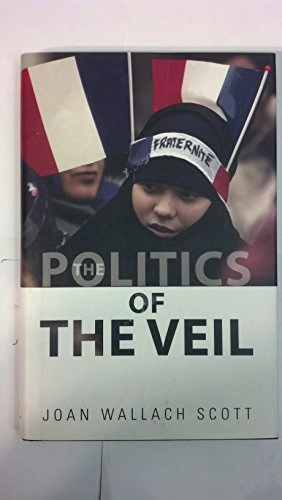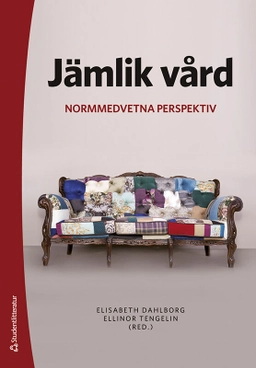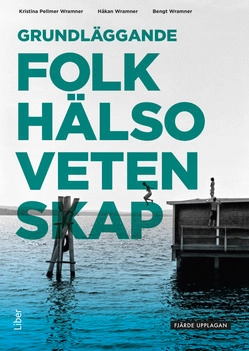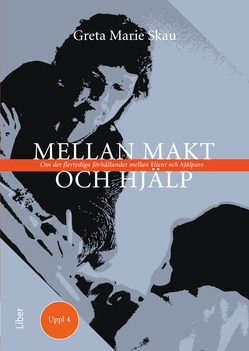In 2004, the French government instituted a ban on the wearing of "conspicuous signs" of religious affiliation in public schools. Though the ban applies to everyone, it is aimed at Muslim girls wearing headscarves. Proponents of the law insist it upholds France's values of secular liberalism and regard the headscarf as symbolic of Islam's resistance to modernity. The Politics of the Veil is an explosive refutation of this view, one that bears important implications for us all.
Joan Wallach Scott, the renowned pioneer of gender studies, argues that the law is symptomatic of France's failure to integrate its former colonial subjects as full citizens. She examines the long history of racism behind the law as well as the ideological barriers thrown up against Muslim assimilation. She emphasizes the conflicting approaches to sexuality that lie at the heart of the debate - how French supporters of the ban view sexual openness as the standard for normalcy, emancipation, and individuality, and the sexual modesty implicit in the headscarf as proof that Muslims can never become fully French. Scott maintains that the law, far from reconciling religious and ethnic differences, only exacerbates them. She shows how the insistence on homogeneity is no longer feasible for France - or the West in general - and how it creates the very "clash of civilizations" said to be at the root of these tensions.
The Politics of the Veil calls for a new vision of community where common ground is found amid our differences, and where the embracing of diversity--not its suppression--is recognized as the best path to social harmony.
Joan Wallach Scott is the Harold F. Linder Professor in the School of Social Science at the Institute for Advanced Study. Her books include Parite!: Sexual Equality and the Crisis of French Universalism and Gender and the Politics of History.
Reviews:
"Scott does a good job of conveying the hysteria that surrounded the foulard debate in France...Scott's broad and exhaustive research makes for a bracing account of the debate." - Laila Lalami, The Nation
"Veil-bashing is suddenly socially acceptable among not merely tabloid-reading Little Englanders, but also metropolitan sophisticates...Why should a bit of cloth so threaten the French republic? That is the central question posed by [this] subtle new study...Many French commentators cast the debate about the veil as an issue about Muslims, Islam and integration. Scott, a distinguished historian at Princeton's Institute for Advanced Study, shows that it revealed rather more about the French themselves." - Carla Power, New Statesman
"This book will undoubtedly rank as one of the best Anglo-American critical commentaries on the affaire du foulard and the 2004 law banning religious signs in schools...[Scott] succeeds in providing a magisterial demonstration of the power of discourse--of the ways in which abstract ideas, when mediated through a vibrant political culture, can influence collective thinking and practice." - Cécile Laborde, La Vie Des Idées
"The Politics of the Veil is a propitious contribution to the exploration and analysis of the complex meanings and purported meanings of these phenomena that have come to symbolise for Turkey and France the struggle to defend the foundations of their Republic against forces that allegedly undermine all that is glorious and good about these 'singular' or 'exceptional' states." - Elif Aydýn, The Muslim News
Åtkomstkoder och digitalt tilläggsmaterial garanteras inte med begagnade böcker





















